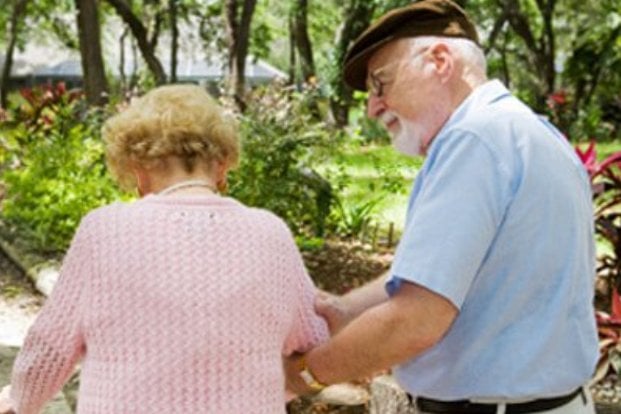What is Osteoporosis and Who does it affect?
Apr 19, 2022
In general words, Osteoporosis means loss of bone mass. Osteoporosis is most common cause of fractures in older age group. Osteoporosis is often known as ‘the silent thief’ because bone loss occurs without symptoms. Until a fracture occurs there are typically no symptoms. Bones may weaken to such a degree that a break may occur with minor stress or spontaneously. Fractures from osteoporosis are more common than heart attack, stroke and breast cancer combined. At least one in three women and one in five men will suffer from an osteoporotic fracture during their lifetime. Bone loss increases after menopause due to lower levels of estrogen.
Osteoporosis may also occur due to a number of diseases or treatments including alcoholism, anorexia, hyperthyroidism, kidney disease, and surgical removal of the ovaries. Certain medications increase the rate of bone loss including some antiseizure medications, chemotherapy, proton pump inhibitors, selective serotonin reuptake inhibitors, and glucocorticosteroids.

Recommendations to prevent Osteoporosis:
- Quit Smoking – Smoking, an inactive lifestyle, and a diet low in calcium and vitamin D place you at greater risk for osteoporosis. For prevention of osteoporosis, regular exercise is essential.
- Walk More – Adults aged 19 to 64 should do at least 150 minutes (2 hours and 30 minutes) of moderate-intensity aerobic activity, such as cycling or fast walking, every week.
- Balanced Diet is a Must – Eating a healthy, balanced diet is recommended for everyone.
- Opt for a Calcium Diet – Calcium is important for maintaining strong bones. Adults need 700mg a day, which you should be able to get from your daily diet. Calcium-rich foods include leafy green vegetables, dried fruit, tofu,yoghurt etc.
- Opt for Vit D – Vitamin D is also important for healthy bones and teeth because it helps your body absorb calcium. All adults should consume 10 micrograms (mcg) of vitamin D a day.
Good dietary sources are oily fish – such as salmon, sardines, herring and mackerel,red meat,liver,egg yolks, fortified foods such as most fat spreads and some breakfast cereals & dietary supplements.
- Opt for regular Bone Density Scanning – Peoples at high risk should undergo DEXA scan for the diagnosis of osteoporosis. your doctor may prescribe one of these drugs like calcium, vitamin D, Bisphosphonates, Teriperatide etc according to your bone density.





